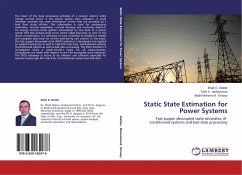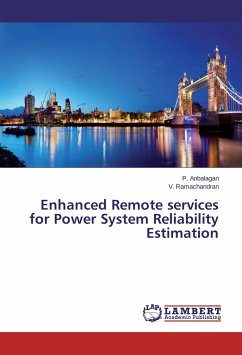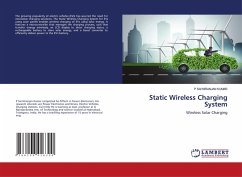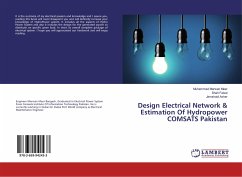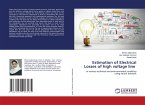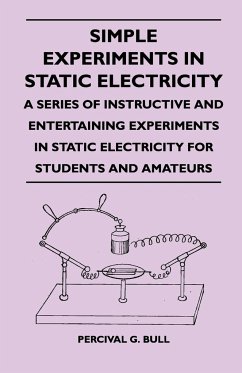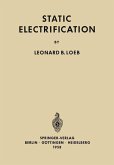The heart of the data processing activities of a modern electric utility energy control center is the power system state estimator. A state estimator provides the same information on-line that are provided by a load flow study off-line. This information is used for contingency evaluation, security assessment, control strategy and economic dispatch. An energy control center gathers information on the state of a power system that may include large errors which called bad data. In view of the above consideration, it is necessary to have a method to establish a reliable and complete data base for on-line monitoring and control. In this book, the fast supper decoupled state (FSDS) estimator is developed and applied to systems having low as well as high R/X ratio lines, well-behaved systems, ill-conditioned systems as well as bad data processing. The FSDS estimator is investigated using a single-rotation angle for all measurements. Comparisons are made with respect to the fast decoupled state estimator. The FSDS estimator is found to be efficient and effective especially for systems having high R/X ratio lines, ill-conditioned system and bad data.
Bitte wählen Sie Ihr Anliegen aus.
Rechnungen
Retourenschein anfordern
Bestellstatus
Storno

